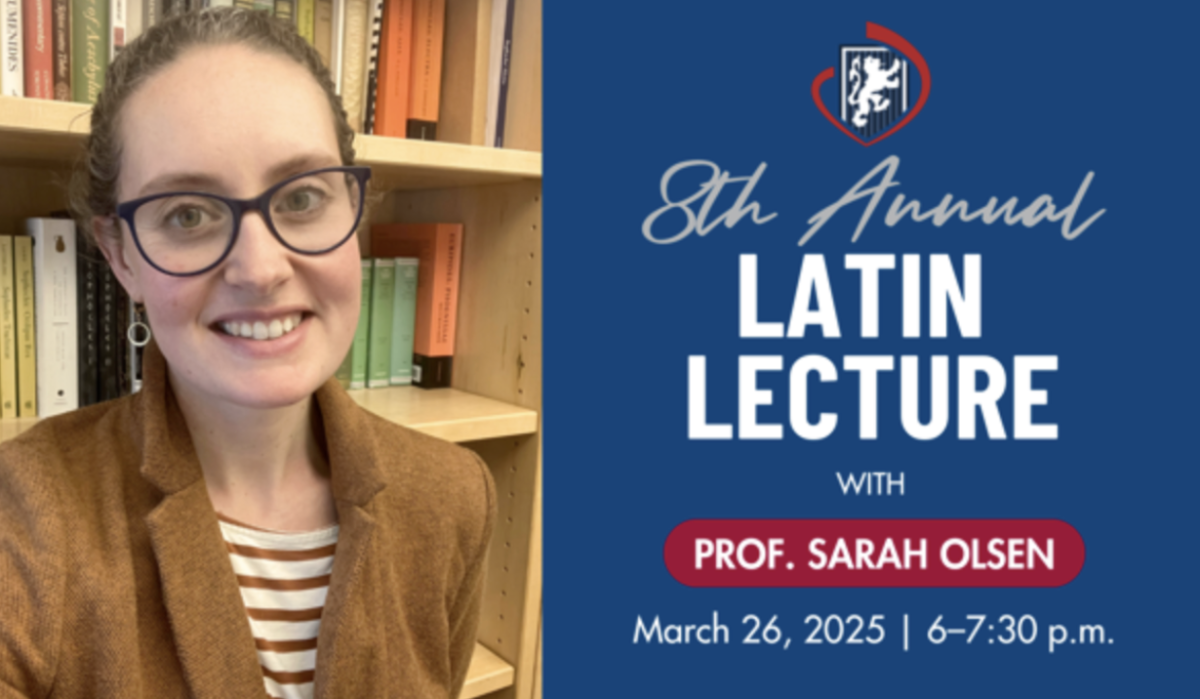Alice Jones
Managing Editor
During her summer job with a lot of free time as a receptionist, senior Niamh Fitzsimons sat with pencil in hand and an SAT book open to the practice sections, skimming the dense strategy information and focusing on more difficult math problems and the critical reading section.
Like most high school seniors and juniors, Fitzsimmons is thinking about her college applications and whether the ACT or SAT test will be the best for her individual learning style. While the SAT is still the most widely-used college aptitude test, the ACT has become the more popular test for students with learning differences like dyslexia and ADHD, according to the academic support director Patricia Kievlan.
“On the SAT if you skip a question you earn no points, if you get a question wrong you lose a quarter of a point,” Kievlan said, “while for the ACT you lose no points for a wrong answer or skipping. That fundamental point can really affect how a person goes into taking a test. It can stress them out and be distracting.”
The 10 parts of the SAT include three math, three writing and three critical reading sections, and a final experimental section that includes either an extra essay, math or critical reading.
Fitzsimons said she initially didn’t study for her first SAT exam, but after seeing her results, she decided to purchase the “Official SAT Study Guide” by the College Board to help her improve her score. She also decided to take the ACT to see if she could earn a comparatively higher score.
“I hated that there was only one break in the ACT,” Fitzsimon said. “I had trouble concentrating for the length of the sections. I definitely preferred the structure of the SAT more because it was a lot less stressful for me.”
The ACT has a 45-minute English section leading into an hour of math. Students then take at 15 minute break, before the 40-minute reading and science sections. The final portion is the 30-minute essay.
 The SAT is considered to be more grammar-focused while the ACT covers a more challenging range if math according to the college counseling director Rebecca Munda, who is guiding her 10th class through the college testing and application process. The ACT questions increase in difficulty, while the SAT questions order is random and not by intricacy.
The SAT is considered to be more grammar-focused while the ACT covers a more challenging range if math according to the college counseling director Rebecca Munda, who is guiding her 10th class through the college testing and application process. The ACT questions increase in difficulty, while the SAT questions order is random and not by intricacy.
“We have seen more and more girls taking the ACT in recent years, but the SAT is still the more popular,” Munda said. “Convent offers both a practice ACT and SAT in the junior year. This helps me to advise which test would be better fit for each student.”
Junior Amanda Mah took the PSAT last October and said she was disappointed with her scores. She agreed with her parents that a private tutor would be beneficial and began working on the ACT.
“After taking some practice ACT tests, I thought the questions were phrased more clearly and was even easier for me then the PSAT,” Mah said.
Senior Catherine Ames began studying for the SAT in her junior year, meeting with a private tutor weekly and who assigned pratice test and homework for their next meeting. After taking the SAT in May and saw little improvement from her practice tests she decide that she wanted to switch her focus to the ACT.
“In my SAT homework over the summer, I couldn’t focus and guessing and choosing between the answers was stressful,” Ames said.“The ACT style is better for me because I consider myself a bad test taker and find the reading and writing content more understandable.”
Although some test takers use prep books, many enroll in weekly group preparation classes from companies like Revolution Prep or Elite Prep, with class sizes ranging from fewer than six to 20 students.
“Convent’s English classes were also helpful with the writing section,” Fitzsimon said. “They have helped me learn how to write a succinct essay and how to organize my thoughts quickly.”
Freshman-year English teacher Anne Guina said she practices identifying run-on and fragmented sentences and proper use of grammar in her classes to help engrain the fundamental structures. These writing skills are essential for the SAT according to the College Board.
“The tests are more about how well you can use past information you’ve learned and that is why it can be so stressful,” Fitzsimon said. “You have to dig in your brain to find something you haven’t learned recently. I think that the tests are a very impersonal way for school to get to know you and aren’t completely necessary.”














